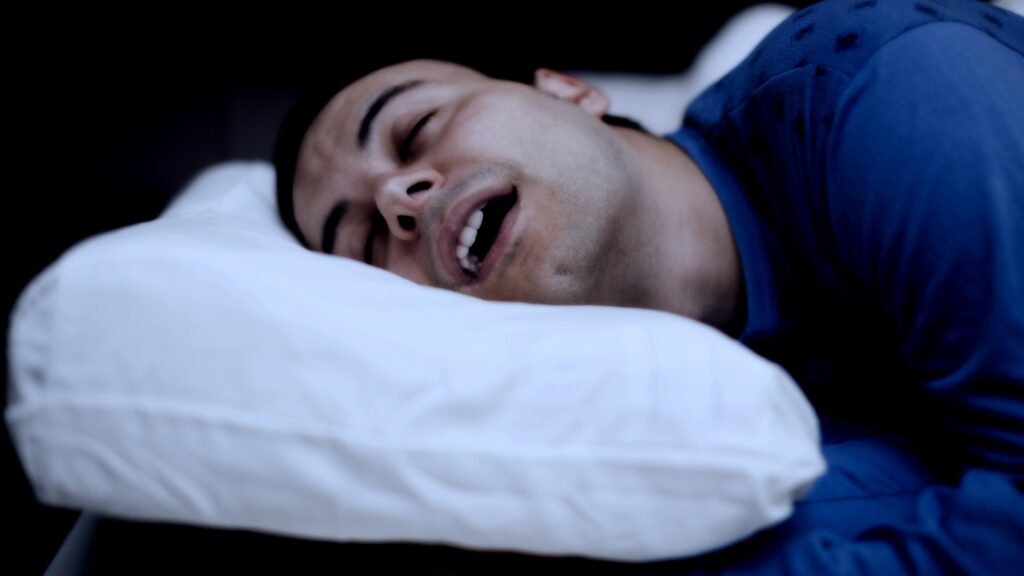
In our fast-paced world, mental well-being is often overlooked in favor of physical health. However, the mind and body are deeply intertwined, and what benefits one often benefits the other. Regular exercise is not only crucial for physical fitness but also plays a vital role in maintaining and improving mental health.
Understanding the Connection

Science has revealed a profound link between exercise and mental well-being. When we engage in physical activity, our brains release endorphins, often called “feel-good” hormones, which can improve mood, reduce stress, and even alleviate symptoms of depression and anxiety. Exercise also triggers the release of other neurotransmitters like dopamine and serotonin, which play crucial roles in regulating emotions, motivation, and overall mental balance.
Benefits of Regular Exercise on Mental Health

The positive impacts of exercise on mental health are extensive and far-reaching:
- Stress Reduction: Physical activity helps lower cortisol levels, the stress hormone, promoting relaxation and calmness.
- Mood Enhancement: Regular exercise has been shown to reduce symptoms of depression and anxiety, boost self-esteem, and improve overall mood.
- Improved Cognitive Function: Exercise enhances blood flow to the brain, improving cognitive function, memory, and attention span.
- Better Sleep: Physical activity can help regulate sleep patterns, leading to more restful and restorative sleep.
- Increased Energy Levels: Regular exercise can combat fatigue and boost energy levels throughout the day.
Reduced Risk of Mental Health Disorders: Studies suggest that regular exercise may help prevent or manage various mental health conditions, including depression, anxiety, and dementia.
Importance of Consistency

The key to reaping the mental health benefits of exercise is consistency. While a single workout can provide a temporary mood boost, regular exercise is essential for long-term improvements in mental well-being. Aim for at least 150 minutes of moderate-intensity aerobic exercise or 75 minutes of vigorous-intensity exercise per week, ideally spread throughout the week.
Tips for Incorporating Exercise into Your Routine
- Start Small: If you’re new to exercise, start with short, achievable sessions and gradually increase duration and intensity.
- Find Activities You Enjoy: Exercise should be enjoyable! Explore different activities until you find something that you genuinely look forward to.
- Schedule Workouts: Treat your workouts like any other important appointment and block out time in your calendar.
- Find a Workout Buddy: Having a workout partner can provide motivation, accountability, and make exercise more fun.
- Make it Convenient: Choose activities that fit easily into your schedule and lifestyle. If going to the gym is a hassle, try home workouts or outdoor activities.
- Track Your Progress: Keeping a log of your workouts can help you stay motivated and see your progress over time.
Strategies for Prioritizing Exercise

- Set Realistic Goals: Start with achievable goals and gradually increase them as you progress.
- Identify Barriers: What obstacles are preventing you from exercising regularly? Find solutions to overcome them.
- Reward Yourself: Celebrate your achievements to reinforce positive behavior.
- Make it a Habit: Schedule workouts at the same time each day or week to establish a routine.
- Don’t Give Up: Everyone has setbacks. If you miss a workout, don’t get discouraged. Just get back on track as soon as possible.
Types of Exercises for Mental Health
- Aerobic Exercise: Running, swimming, cycling, dancing, etc.
- Strength Training: Lifting weights, bodyweight exercises, resistance training.
- Mind-Body Exercises: Yoga, Pilates, Tai Chi.
Conclusion
Regular exercise is a powerful tool for maintaining and improving mental health. It’s not just about physical fitness; it’s about nurturing your mind, body, and spirit. By making exercise a priority and finding activities you enjoy, you can experience the numerous benefits for your mental well-being.
Don’t wait any longer to start your journey towards a healthier mind and body. Lace up your sneakers, grab a friend, and get moving! Share this article with anyone who could benefit from the power of exercise for mental health.







